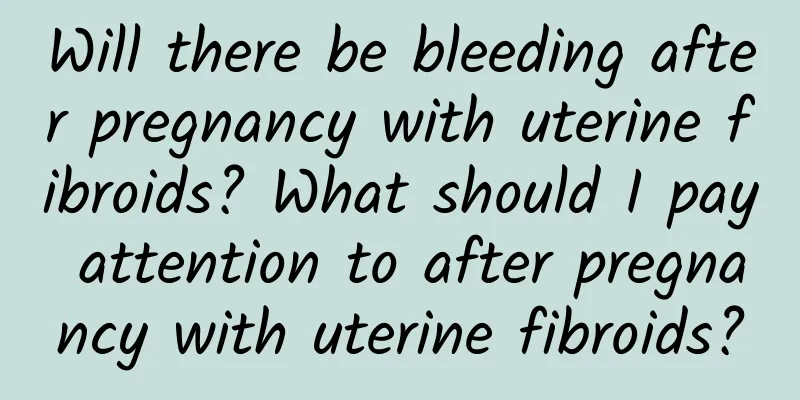What causes recurrent pelvic peritonitis?

|
Gynecological diseases are the most troublesome diseases for women in life. Almost every woman has suffered from gynecological diseases. Among them, pelvic peritonitis is the most common one. Female pelvic peritonitis is often accompanied by varying degrees of pelvic peritonitis. In severe cases, the entire pelvic peritonitis becomes inflamed and can even spread to the entire abdomen to form diffuse peritonitis. So, what are the reasons for repeated attacks of pelvic peritonitis in women? 1. Not paying attention to menstrual hygiene, having sexual intercourse during menstruation or unclean sexual intercourse, etc. 2. The causes of pelvic peritonitis include sexually transmitted diseases such as gonorrhea. After infection, gonorrhea can spread upward along the mucosa, causing inflammation of the fallopian tubes and ovaries. 3. When infections in other parts of the body are not treated in time, the pathogens can be spread through the blood and cause salpingo-oophoritis, which is more common in tuberculosis diseases. 4. After delivery or abortion, due to the decrease in resistance, pathogens ascend through the reproductive tract and spread to the fallopian tubes and ovaries, then cause inflammation of the entire pelvic cavity. These are the causes of pelvic peritonitis. 5. Uterine cavity operations performed without strict disinfection, such as vacuum extraction, hysterosalpingography, cervical canal treatment, and obstetric surgery infections without strict disinfection are all causes of pelvic peritonitis. 6. While intrauterine contraceptive devices are widely used, patients do not pay attention to personal hygiene or the surgical procedures are not strict, which leads to many cases of acute salpingo-oophoritis and pelvic peritonitis. 7. Among the causes of pelvic peritonitis, when inflammation occurs in the pelvic cavity or organs adjacent to the fallopian tubes, such as appendicitis, it can directly spread to cause salpingo-oophoritis and pelvic peritonitis. The inflammation generally occurs in the adjacent fallopian tube and ovary. Many people think that this is a simple disease. If they do not take pelvic peritonitis seriously, it will seriously affect the patient's work and quality of life. Pelvic peritonitis is not a difficult disease to treat. As long as you go to a regular hospital for diagnosis and treatment in time and develop good hygiene habits, you will be able to get rid of the troubles of pelvic peritonitis. |
<<: What causes recurrent pelvic peritonitis?
>>: Common factors for recurrent pelvic peritonitis
Recommend
Experts teach female friends how to prevent vaginitis
Vaginitis is a gynecological disease that can be ...
How much does it cost to treat cervical warts?
Speaking of cervical warts, I think everyone know...
What harm does repeated abortion do to the uterus? How can women prevent uterine infertility through diet?
The uterus is very fragile, which leads to abnorm...
What are the main points to pay attention to after painless abortion?
Generally speaking, painless abortion does not ca...
Your period is so infrequent that almost nothing happens?
Your period is so infrequent that almost nothing ...
What methods can cure vulvar leukoplakia
What methods can cure vulvar leukoplakia? Speakin...
What causes calf soreness before menstruation?
What is the reason for calf soreness before menst...
Expert answer: How to adjust your mental state before abortion
Nowadays, artificial abortion has been accepted b...
What are the symptoms of cervical erosion in women? Introduction to the clinical manifestations of three degrees of cervical erosion
In daily life, many women suffer from cervical er...
The most common symptoms of dysmenorrhea in life
Among the many gynecological diseases in women, d...
Abnormal vaginal discharge, odor, stomach pain
Abnormal vaginal discharge, odor, and stomach pai...
How to deal with irregular menstruation? A complete guide to women's care, easily regulate your period!
Irregular menstruation is a problem faced by many...
Women should do three things to prevent uterine fibroids
Since uterine fibroids are called "the numbe...
What are the treatments for pelvic effusion?
Treatment of pelvic effusion with folk remedies W...
Three magic weapons for weight loss: acupuncture, thread embedding, and ear acupuncture
In the hot summer, eat more and exercise less, be...









